The Indo-Pacific is a region of extremes. It comprises the tropical waters of the Indian Ocean, the western and central Pacific Ocean, and the seas connecting the Indo-Pacific region. It is also home to three-quarters of the world’s population, some 5.9 billion people. Analysts agree that this region is now the epicenter of global growth, and this is where we can witness the increasing international anxiety over China’s more aggressive foreign policy and security policies and Beijing’s collusion with the United States.
At the latest GLOBSEC event, we had the privilege to sit down with Dr Bryce Wakefield, a well-known Indo-Pacific expert. Dr Wakefield is the Chief Executive Officer of the Australian Institute of International Affairs. He has lived, worked and researched in the United States, Japan, Europe, and New Zealand. Earlier, he was the associate responsible for East Asian programs at the Wilson Center in Washington DC. Later, he held a permanent position at Leiden University, where he focused on Asian Studies and International Relations.
He trained as a political scientist with particular expertise in International Relations and the international affairs of East Asia. His academic publications focus on the Indo-Pacific as a strategic concept and constitutional issues and defense policy in Japan. He speaks Japanese fluently, as he earned his master’s degree from Osaka University’s School of International Public Policy. He gained his PhD in political studies from the University of Auckland.
In Australia, what is the sentiment about the Ukraine war? Is there a fear that if Ukraine falls, China will invade Taiwan?
That’s a very European way of thinking, which doesn’t really take the differences of the two cases into account. However, I think it’s critically important to continue to maintain the rules-based international order. The maintenance of a universal global order is perhaps not a popular view in Hungary. But if you allow large countries to flagrantly coerce other actors, then you’re asking for trouble if you’re a smaller power or a mid-sized power like Australia.
We have to insist that there are baseline rules that are held to. The principle of sovereignty is also the fundamental principle of international relations.
If we can’t respect that, and it’s obvious that Russia’s actions are a violation of that principle, then the entire system of international law, however imperfect, will be undermined.
What about the China-Russia special relationship? In your point of view, are they adversaries or allies?
Some tend to frame their relationship as a collusion, or proto-alliance, but I wouldn’t go so far. The best metaphor that I’ve had for the relationship between Russia and China is that they’re kind of like two boxers who have their backs to one another. So, they might not like each other, they may even see each other as a potential threat, but they work together because they know their backs are otherwise vulnerable.
They have a common interest in bending the rule-based international system in ways that better suit themselves.
Therefore, the Ukraine war actually benefits China because it keeps the West preoccupied with it. Even Australia is asked to provide military aid to Ukraine, which is completely in line with our interests, even though we have problems in our own region.
Do you feel the push of the Chinese influence towards Canberra? If so, how is it materializing? Is it more like an economic pressure, or does it have other manifestations?
There has definitely been economic coercion, which is the most interesting Australian story. As you probably know, certain sectors in Australia, particularly around agriculture and fisheries, were subject to unofficial Chinese sanctions after the Australian government called for an international investigation of COVID-19, which China found objectionable.
What’s less well known is that the Australian trade with China during this time grew, and there was no overall economic damage to the bilateral relationship because the Chinese were so dependent on Australian iron ore.
They can’t get as high-quality iron ore as fast from any other player. They’re trying to diversify their sources, for example, by investing in mines in Guinea, and if they are able to diversify them, Australia may be in trouble. But for now, it illustrates that there’s a relationship of interdependence rather than dependence on Australia or China. So, they’re less capable of harming us than some might think.
It’s been a while since China started developing its military intensively. Beijing also declared that the South-China Sea belongs to them. What do you think of the two regional alliances, the Quadrilateral Security Dialogue, commonly known as the Quad, and the AUKUS? Do they have any deterrence power?
The Quad is an interesting formulation. However, it’s often difficult to see it as anything more than a forum to discuss ideas. It has sometimes attempted to anchor its activities around clear policy regimes. But the implementation of those policy areas, for example, a vaccine regime during COVID, has been pretty disappointing. This is the case of the sort of an emerging minilateralism, which is already apparent around the formation of these groups. With the Quad, everyone seems focused on the players rather than the policies. Observing the Quad is a bit like watching a Justice League movie and wondering if Superman and Batman can be friends.
In this case, can’t we say that Quad is similar to NATO in some ways?
Absolutely not. Beijing loves to present the Quad as a kind of mini-NATO aimed at containing China. However, its participants, particularly India, bend over backwards so as not to present the Quad as a military or defensive arrangement. The four countries simply do not have the strategic unity that arises from the common geography and interests of the NATO allies, particularly those in Europe. Although in the beginning, it was called the quadrilateral strategic dialogue, they’ve now shifted away from that language.
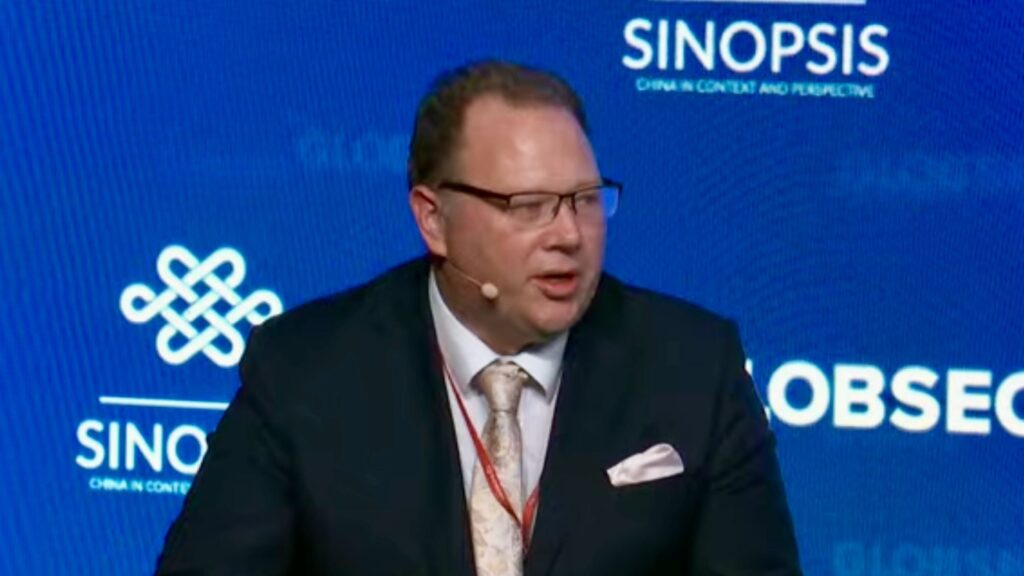
Bryce Wakefield at the GLOBSEC Forum 2024 in Prague, Czechia (Photo: GLOBSEC)
What about the security partnership between Australia, the United Kingdom, and the United States, also known as the AUKUS?
Yes, sure, the AUKUS is a different story in that it is a minilateral arrangement based on a clear set of goals, not just a declaration that the members are in the same club. However, it’s also not a defence arrangement per se. It’s a defence technology supply agreement. One could argue that it is no more a defence pact than the submarine construction agreement between France and Australia that Canberra controversially scrapped.
Each country in AUKUS has clearly defined goals around, ultimately, the provision of nuclear-powered submarines to Australia and the Anglo-Australian construction of a new submarine. However, there are a lot of challenges on the path to implementation, to the extent that there are now serious questions about whether the provision of such subs to Australia is credible.
While it is not a defence pact per se, what will almost certainly happen is that American subs will be on permanent rotation in Australia, and we will see much closer US-Australian military cooperation alongside AUKUS. That’s one of the key goals in the US because they see Australia as instrumental to what’s become known as integrated deterrence. That is, Japan, the Philippines, Singapore, and Australia, are increasingly working together to provide more sophisticated deterrence in the region.
Australia is important, because it is out of the range of Chinese weapons. It provides to the arrangement what we call the strategic depth.
It also allows the US and its allies to deter malicious behavior by having a place to strike back. The theory is that this will lessen the temptation to conflict by China closer to its shores.
How do Australians see this partnership?
Actually, it is controversial in Australia. Not everybody agrees that Australia should be playing this role. Actually, no Australian government has clearly outlined the strategic rationale for the agreement to the public, although its prima facie purposes are fairly clear.
The other actors that might have some relevant role in the region are the EU and, of course, NATO. What can you say about their movements?
There’s a lot of talk in forums, such as the GLOBSEC, about the institution’s role in the Indo-Pacific. I just I spoke a panel on the role that NATO can play in the Indo-Pacific.
I tend to think that the role is not going to be particularly influential, but there are some important things that NATO can do.
It works together on cybersecurity issues and countering misinformation with its four regional partners, New Zealand, Korea, Japan and Australia.
Can NATO deter China’s ambition towards Taiwan and the South China Sea?
I don’t think that there is ever any realistic possibility that, for example, NATO warships will play a major role in a Taiwan conflict. Part of the reason is because the NATO alliance is geographically limited to the North Atlantic region.
However, as we have seen since the end of the Cold War, NATO has continuously expanded its sphere of influence.
Yeah, it is true, particularly when it comes to peacebuilding measures, for example, but the use of force in international conflicts has a different quality about it. Thus, the Article 5 provisions that bind NATO together and which would be activated in conflict have clear geographical boundaries. Therefore, it would be very hard for somebody to argue that a conflict in Taiwan meets those criteria. Where a military role for NATO in the region could be important is in showing the flag on countering China’s maritime expansion.
If for example NATO member European warships are sailing through the East China Sea, that’s the signal that they’re on open seas and that’s not the territory of China.
What role can the EU provide in the region beyond its partnership with NATO?
The EU has a more friendly kind of role, I guess. Of course, the EU member states have ships that can be and are being sent to the region, and they don’t have to work under a NATO mandate. However, the EU has a friendlier face to show to the world.
Under the ‘friendly face’, do you mean the EU has to focus on diplomatic actions?
Yes, but I don’t mean the kind of soft power diplomacy that the EU sometimes thinks is quite important. Crucially, what’s more important is that I think the EU can bolster its presence and connections through trade. Unfortunately, it hasn’t developed an attitude that allows it to approach trade deals in the region strategically.
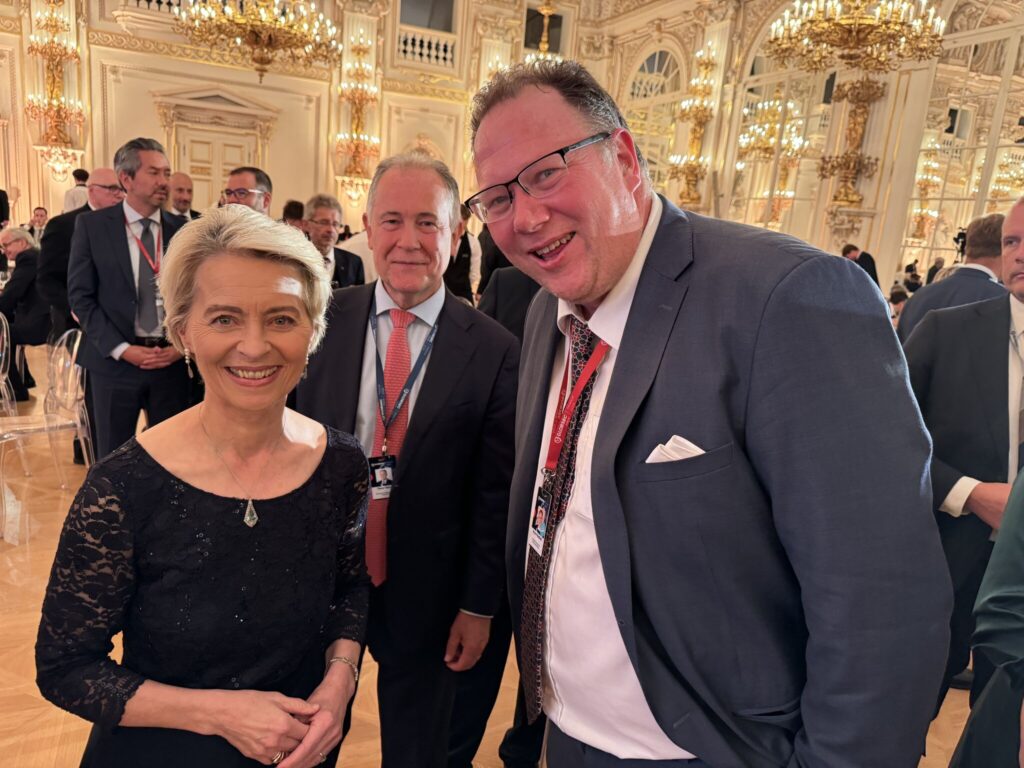
Bryce Wakefield and Ursula von der Leyen at the Globsec awards dinner at Prague in August, 2024 (Source: Bryce Wakefield’s LinkedIn profile)
Maybe the EU needs more knowledge about the region.
It needs to actually be clear about what its intentions are. It also needs politicians who understand that they need to moderate the excesses of the protectionist sentiments of their populations when it comes to creating trade arrangements.
Yesterday, I had the pleasure of sitting in on an interview with Czech Foreign Minister Jan Lipavsky by my good friend, British-Australian journalist Latika Bourke. I was impressed that Lipavsky strongly acknowledged the need to think about trade more strategically and stressed the need to ensure that strategy trumps sectoral interests in Europe from time to time. I’ll be more convinced that the EU can be a serious player in the Indo-Pacific when French foreign ministers tell their farmers the same thing.
What about the EU’s approach to Southeast Asian countries, which are captured by political clans, as we see in Thailand not so long ago? How do you value it?
There is quite a lot of talk in Europe and elsewhere about democracy vs autocracy, which is a serious prospect when 27 democratic nations discuss Russia. It’s a little more difficult to toe that line in the Indo-Pacific sometimes, when the countries you are trying to court have vastly different political systems. It’s important for actors like the EU to remember that moralising about democracy in regions like the Indo-Pacific may sometimes be counterproductive.


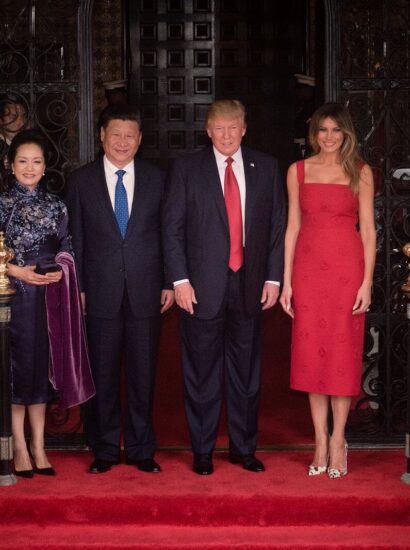
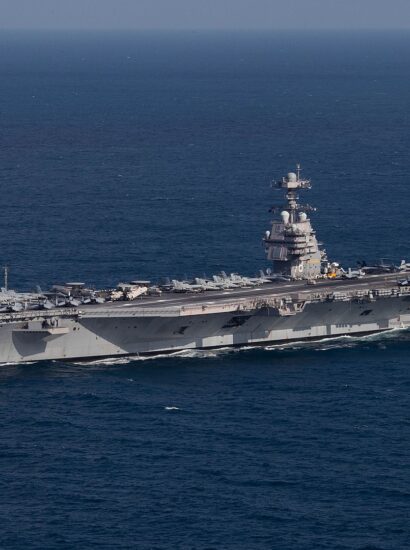
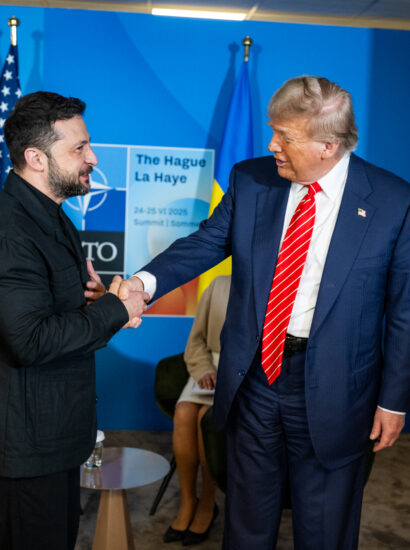
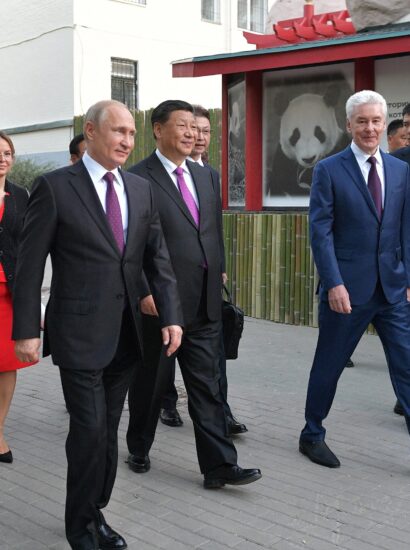
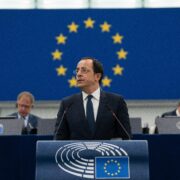

[…] must maintain security while simultaneously addressing non-military threats, from disinformation to cyberattacks. NATO is working on building strong resilience. It is essential to increase defense spending, which […]